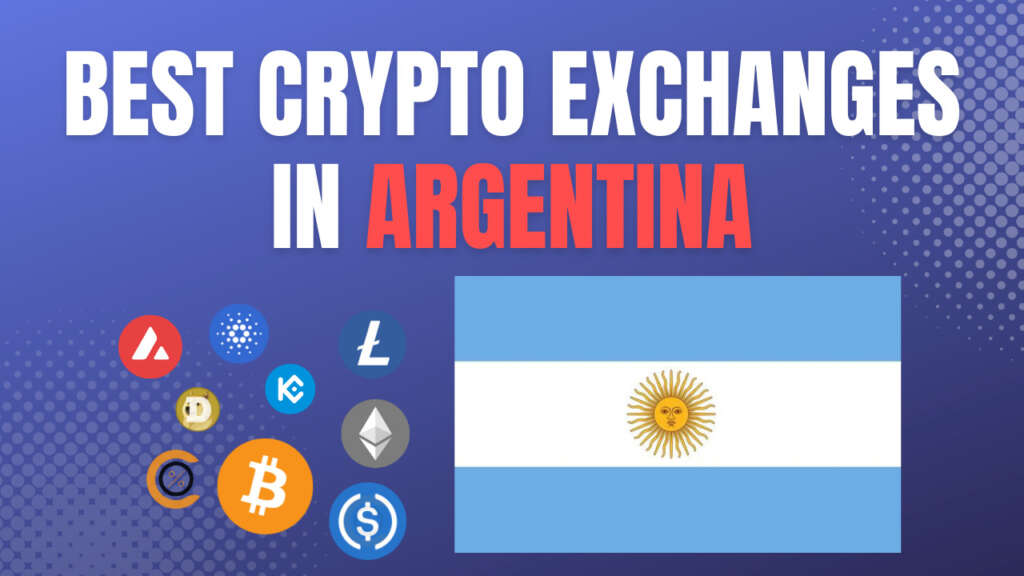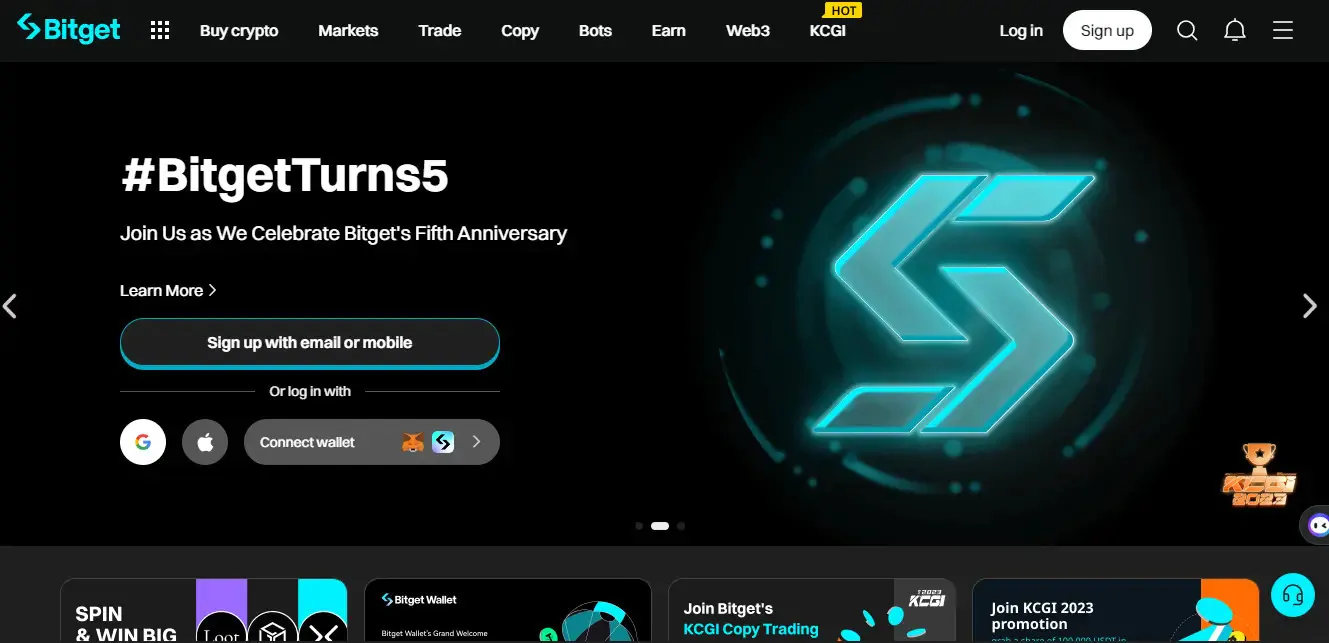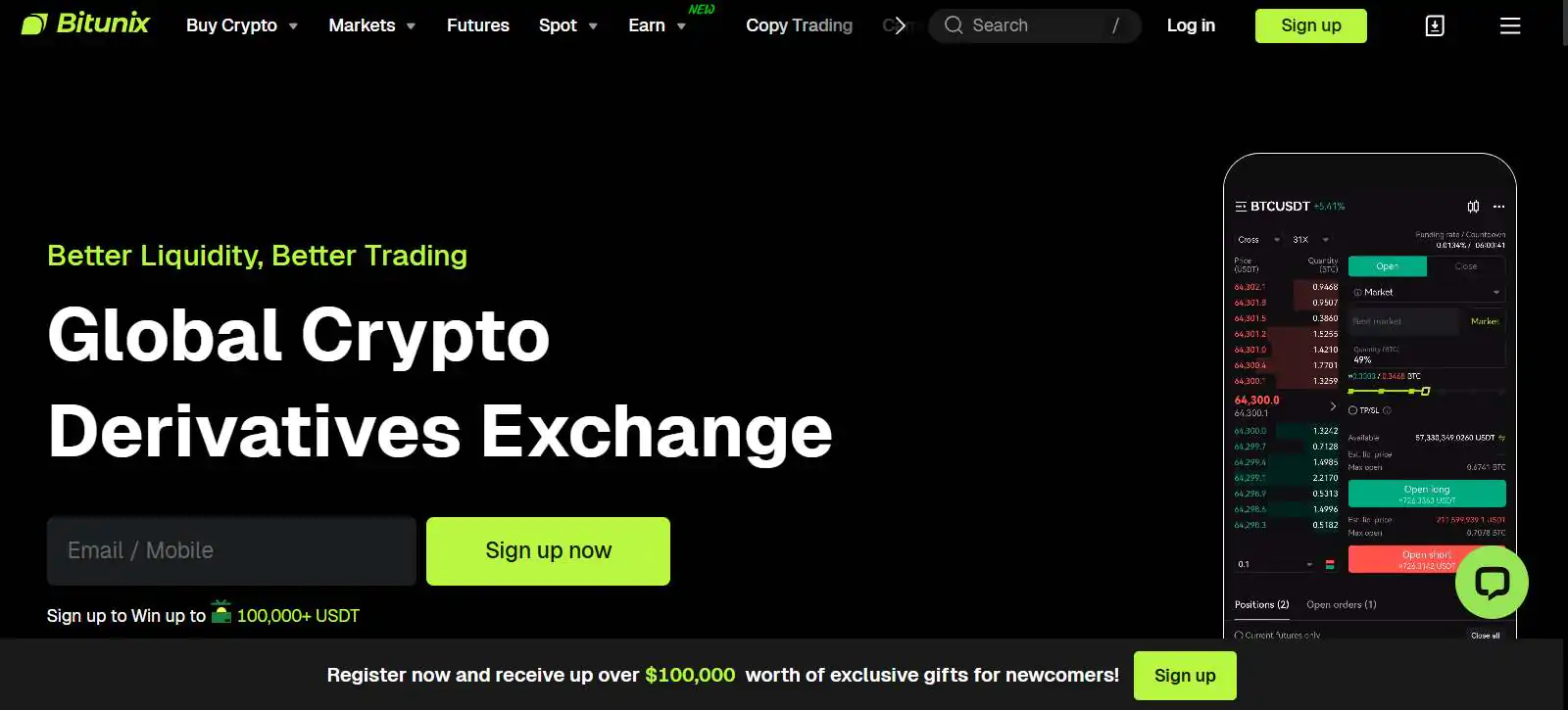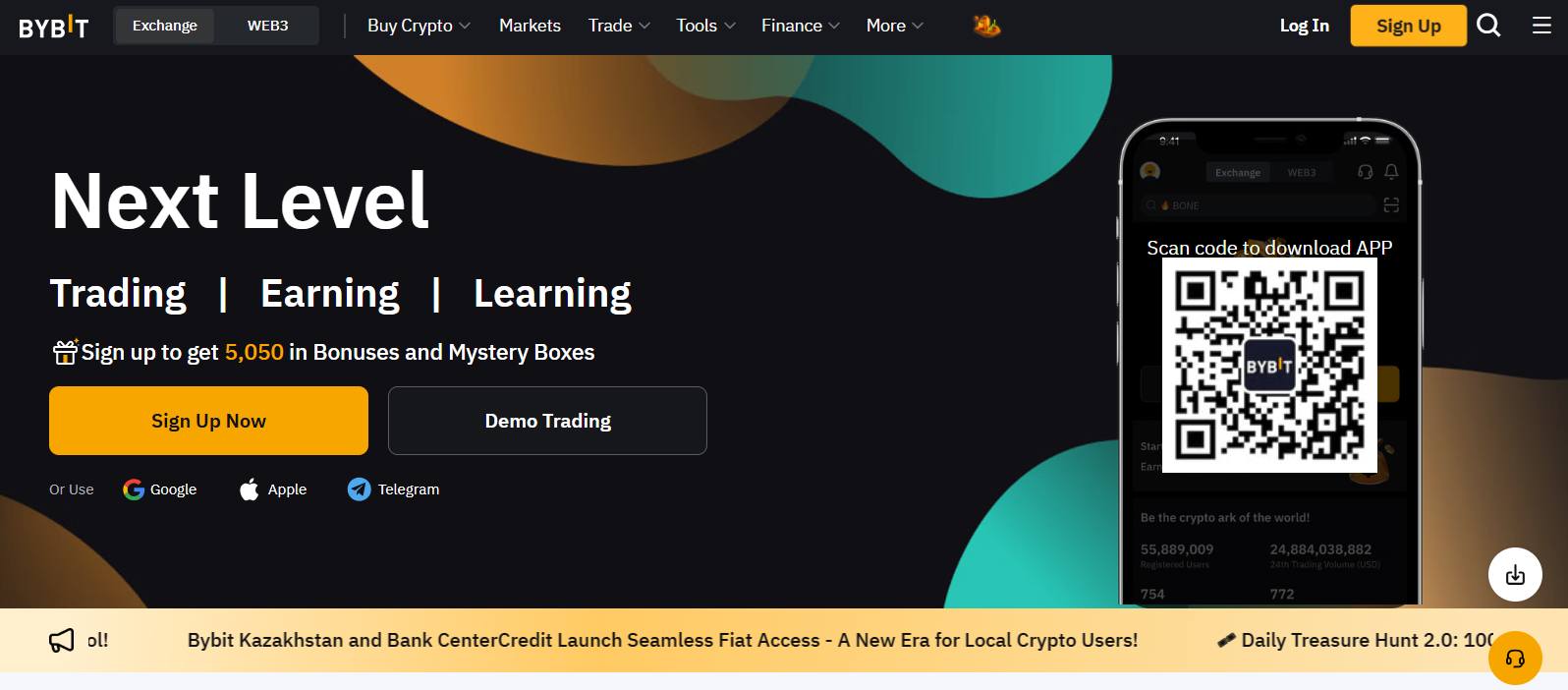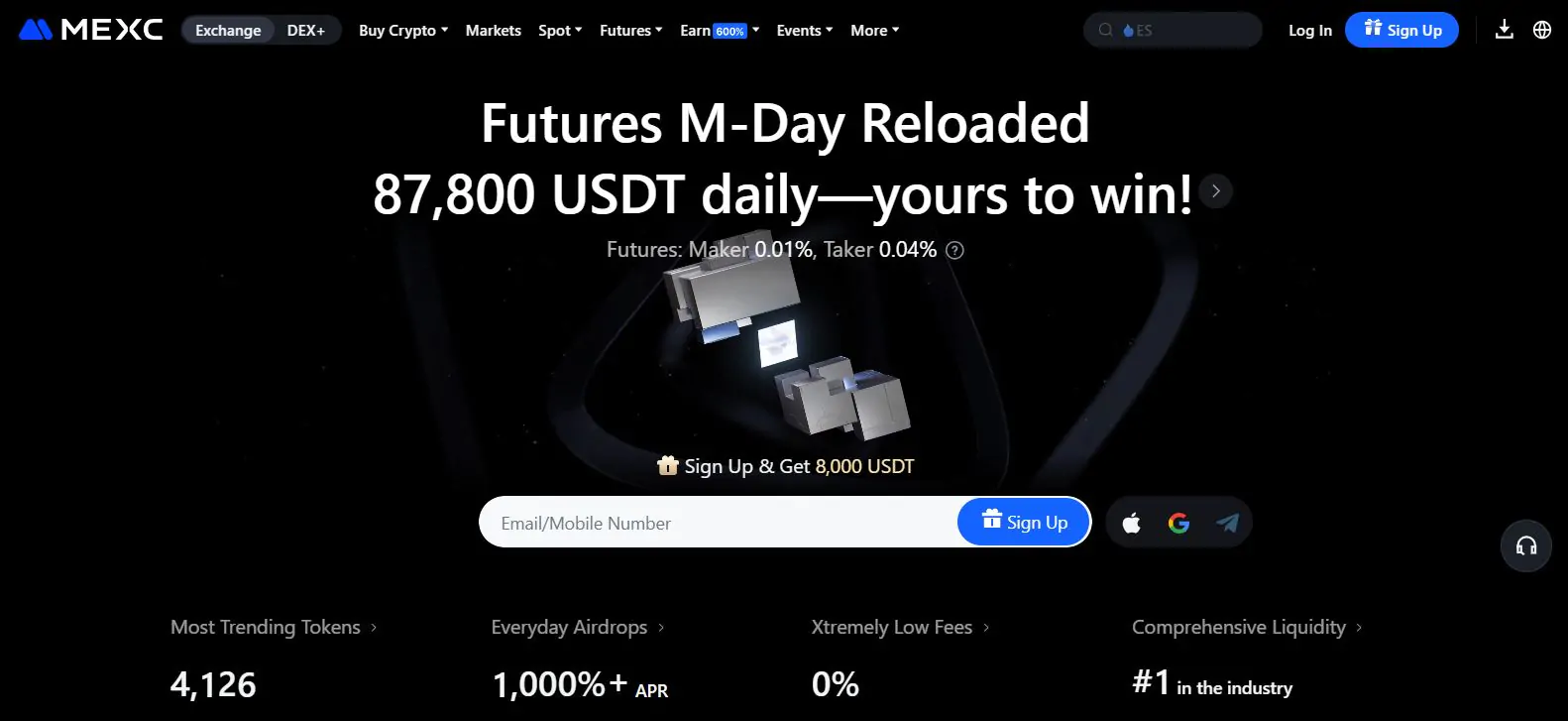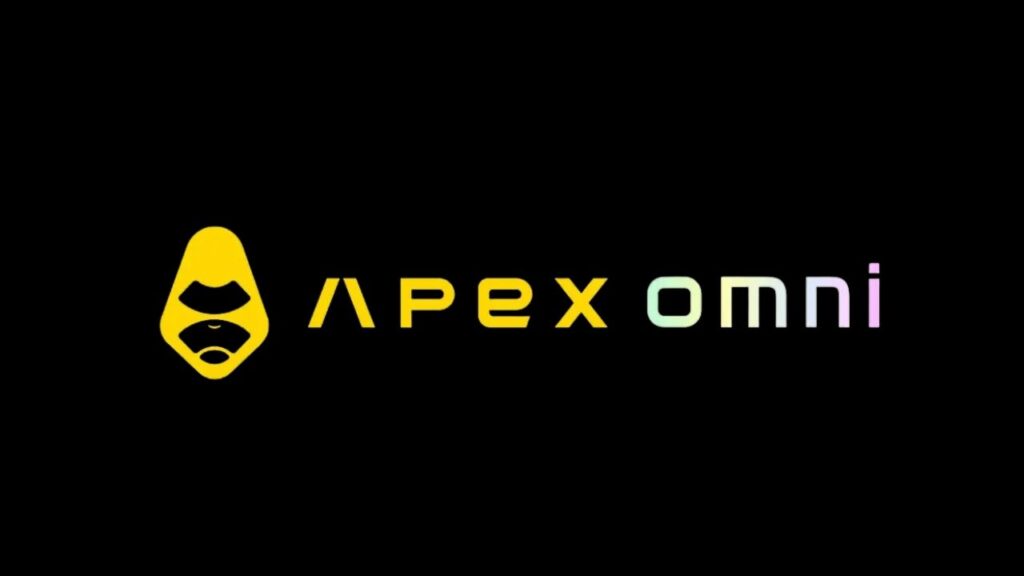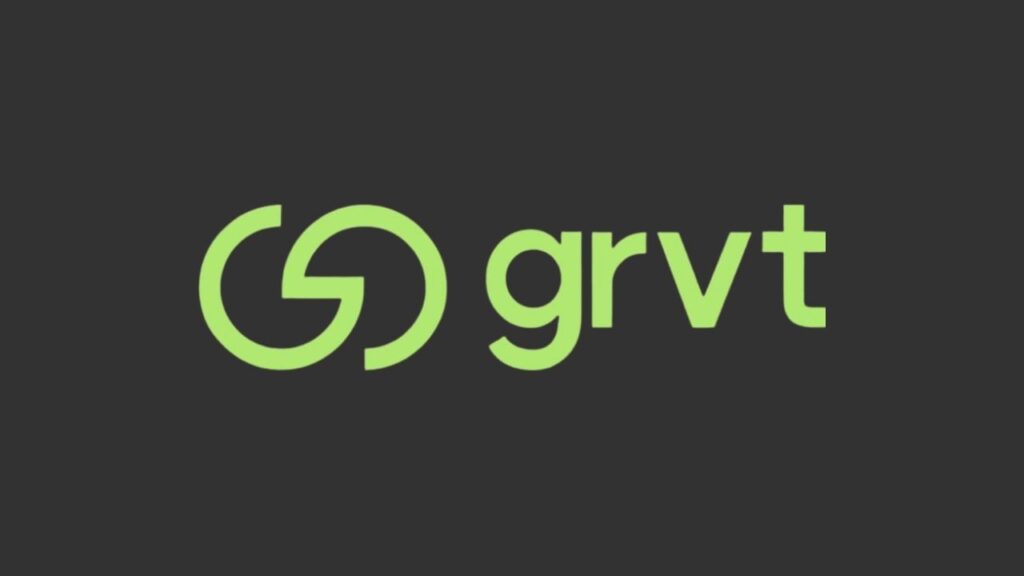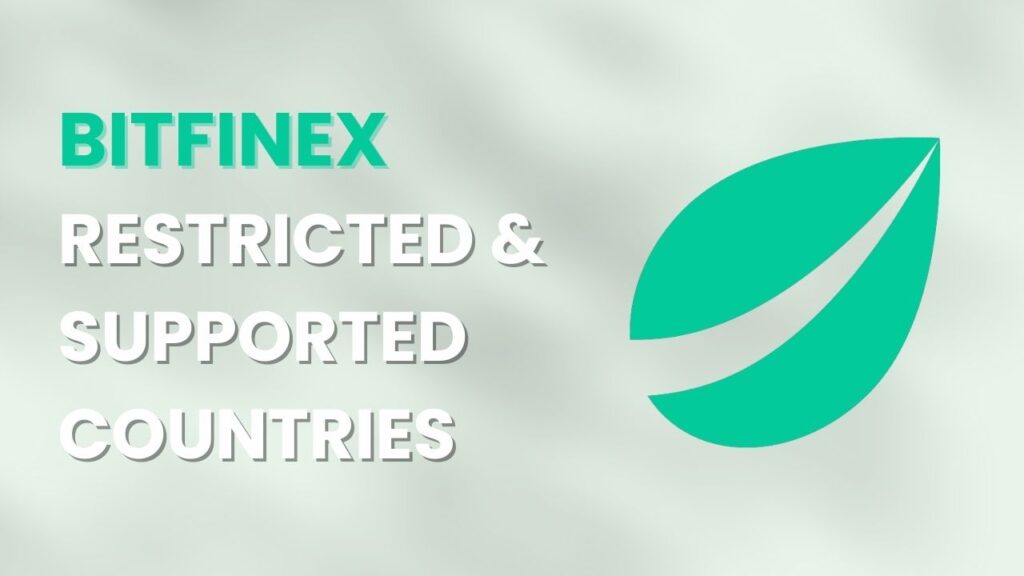- •The best crypto exchanges in Argentina support ARS deposits, peer-to-peer (P2P) trading, and stablecoin access, helping users navigate inflation and capital controls.
- •Platforms like Binance, Bybit, and Bitget are fully accessible in Argentina and offer localized features such as ARS onramps, Spanish language support, and low-fee trading.
- •Choosing a crypto exchange in Argentina with VASP registration, transparent withdrawal rules, and mobile usability ensures safer and more efficient trading for local users.
In Argentina, cryptocurrency isn’t just a trend, it’s a practical tool for financial stability. With inflation continuing to erode the value of the peso, many people turn to digital assets like Bitcoin and Ethereum not to speculate, but to preserve what they have. For most, the goal is simple: move out of local currency and into something more stable.
That’s exactly why choosing the right platform matters. The best crypto exchanges Argentina users prefer today are the ones that support ARS directly, offer reliable P2P markets, and don’t make KYC a barrier unless absolutely necessary. A mobile-first experience, Spanish support, and transparent withdrawal terms are no longer nice-to-haves, they’re expected.
This guide focuses on the platforms that actually work for Argentine users, based on local needs, real usage patterns, and the features that matter most in this economic environment.
Top 6 Cryptocurrency Exchanges in Argentina
With legal access now clearer and multiple platforms offering ARS support, Argentine users have several strong options for trading crypto. The exchanges below have been selected based on regulatory status, payment methods, supported assets, and user tools that match local needs, including P2P access, stablecoin liquidity, low fees, and mobile usability.
- Bitget – P2P ARS support with advanced trading tools
- Bitunix – No-KYC platform with high withdrawal limits
- Bybit – CNV-registered exchange with crypto card
- Binance – Most liquid platform with direct ARS deposits
- MEXC – Zero-fee trading with the largest altcoin selection
- Coinbase – Regulated and beginner-friendly
| Exchange | Cryptos | Spot Fees | Futures Fees | Max Leverage | Bonus | KYC |
|---|---|---|---|---|---|---|
| 1. Bitget | 871+ | 0.10% / 0.10% | 0.02% / 0.06% | 125x | $20,000 | Yes |
| 2. Bitunix | 541+ | 0.10% / 0.10% | 0.02% / 0.06% | 125x | $5,500 | No |
| 3. Bybit | 726+ | 0.10% / 0.10% | 0.020% / 0.055% | 100x | $30,000 | Yes |
| 4. Binance | 508+ | 0.10% / 0.10% | 0.02% / 0.05% | 125x | $100 | Yes |
| 5. MEXC | 3137+ | 0.05% / 0.05% | 0.00% / 0.02% | 500x | $20 | Yes |
| 6. Coinbase | 297+ | 0.40% / 0.60% | 0.05% / 0.05% | 10x | None | Yes |
1. Bitget
Bitget, backed by Lionel Messi as its global brand ambassador, is one of the largest global exchanges available in Argentina, known for its wide asset range and high-volume derivatives market. The platform supports over 871+ cryptocurrencies and 488+ futures contracts, with leverage reaching up to 125x. Daily futures volume regularly exceeds $12 billion, making Bitget a top choice for active traders.
For Argentine users, Bitget offers ARS support through P2P trading, allowing direct payments via MercadoPago, Ualá, or bank transfers. The exchange also provides full Spanish language support across desktop and mobile. Traders can access advanced tools including copy trading and several types of bot trading strategies, such as grid and martingale systems.
Spot and futures fees are competitive, both set at 0.10% maker/taker for spot, and 0.02% / 0.06% for futures. KYC is required, but verified users get withdrawal limits of up to $3 million per day.
Bitget stands out for its combination of deep liquidity, high leverage, and tools suited for both manual and automated strategies, all accessible with localized payment options.
Read our full Bitget review to learn more.
Bitget Features:
- Supported Cryptocurrencies: 871+
- Futures Contracts: 488
- Leverage: 125x
- Spot Trading Fees: 0.10% maker / 0.10% taker
- Futures Trading Fees: 0.02% maker / 0.06% taker
- KYC: KYC required
- Deposits: Crypto, bank card, SEPA, PI, P2P (MercadoPago, Ualá)
Bitget Pros and Cons
| 👍 Bitget Pros | 👎 Bitget Cons |
|---|---|
| ✅ Free Euro deposits via bank transfer | ❌ Advanced Features are confusing for beginners |
| ✅ 15M+ users and $12B+ daily volume | ❌ KYC required for full access |
| ✅ Regulated (CySEC, FinCEN & more) | ❌ Not available in US |
| ✅ Supports copy trading and P2P market | |
| ✅ 871+ cryptos and 488+ futures contracts | |
| ✅ Up to 125x leverage with low fees |
2. Bitunix
Bitunix is a privacy-focused exchange that offers full trading access without mandatory KYC. With daily withdrawal limits of up to $500,000 for unverified users and $5 million for Level 2 verified users, it remains one of the most flexible platforms for high-volume traders.
The platform lists 541+ cryptocurrencies for spot trading and 400+ futures contracts with leverage up to 125x. Futures trading volume exceeds $6.4 billion, while spot markets see over $500 million traded daily. Supported order types include market, limit, trailing stop, and multiple TP/SL orders, giving users tighter control over execution.
Bitunix supports multiple fiat currencies including USD, EUR, and others, with deposits via credit cards, bank transfers, Apple Pay, and Volet. While it does not offer direct ARS funding, it provides Spanish-language support and access via mobile and desktop.
With clean P2P functionality and bot trading features like Buy Low / Sell High, the platform suits users seeking fast execution and flexible risk management without the need for deep verification. However, spot trading volume remains relatively low, and the platform’s security infrastructure is still maturing.
Confused about where to start? Begin with our Bitunix review.
Bitunix Features:
- Supported Cryptocurrencies: 541+
- Futures Contracts: 400+
- Leverage: 125x
- Spot Trading Fees: 0.10% maker / 0.10% taker
- Futures Trading Fees: 0.02% maker / 0.06% taker
- KYC: No KYC required
- Deposits: Crypto, card, Apple Pay, bank transfer, Volet
Bitunix Pros and Cons
| 👍 Pros | 👎 Cons |
|---|---|
| ✅ No-KYC with $500K daily withdrawal limit | ❌ Not regulated by major authorities |
| ✅ Up to 125x leverage | ❌ Smaller user base than top exchanges |
| ✅ User friendly | ❌ Not available in China |
| ✅ Easy fiat deposits (card, bank, Apple Pay) | |
| ✅ High liquidity ($6.4B+ daily volume) |
3. Bybit
Bybit is officially listed as a Virtual Asset Service Provider (VASP) and authorized card issuer in Argentina. This regulatory alignment provides legal clarity for users, especially those transacting in ARS through fiat-linked products.
The platform supports 726+ spot assets and 578+ futures contracts, with leverage up to 100x. It offers a wide range of trading bots, including Grid, Martingale, Combo, DCA, and copy trading bots, all directly integrated within the platform. Daily trading volume surpasses $15 billion in derivatives, with over 30 million users worldwide.
For Argentine users, Bybit enables in-store and online crypto payments via Transferencias 3.0 QR through a local partnership with Manteca. It also offers virtual and physical cards that support Apple Pay, Google Pay, and ARS purchases, automatically converting crypto during transactions.
Spot fees are fixed at 0.10%, while futures fees are 0.02% for makers and 0.055% for takers. KYC is required, with Level 2 accounts eligible for withdrawals up to $2 million/day.
Bybit stands out in Argentina not just for its scale and tools, but also for actively integrating with the country’s retail and regulatory infrastructure.
Everything you’re wondering is answered in our Bybit review.
Bybit Features:
- Supported Cryptocurrencies: 726+
- Futures Contracts: 578+
- Leverage: 100x
- Spot Trading Fees: 0.10% maker / 0.10% taker
- Futures Trading Fees: 0.02% maker / 0.055% taker
- KYC: KYC required
- Deposits: Crypto, card, Apple Pay, Google Pay, bank, SEPA, PIX
Bybit Pros and Cons
| 👍 Bybit Pros | 👎 Bybit Cons |
|---|---|
| ✅ MiCAR-compliant platform | ❌ KYC is mandatory |
| ✅ SEPA support for EUR deposits | ❌ Not available in the US, UK, and other major countries |
| ✅ Tier-1 liquidity and deep futures markets | |
| ✅ Supports copy trading, demo mode, and multiple bots (Grid, DCA, Martingale, etc.) | |
| ✅ Fiat onramps via cards, MoonPay, BTCDirect, and more |
4. Binance
Binance is registered as a Virtual Asset Service Provider (VASP) under Argentina’s CNV framework. This makes it one of the few global exchanges officially aligned with the country’s evolving crypto regulations.
Users in Argentina can deposit ARS directly into their Binance wallet via QR codes (Inswitch) or bank transfers, with amounts ranging from 10,000 to 1.1 million ARS. The standard deposit fee is 1.8%, with funds usually credited in minutes.
The exchange offers 508+ cryptocurrencies for spot trading and 520+ contracts in derivatives, with up to 125x leverage. Futures maker/taker fees are 0.02% / 0.05%, while spot trades charge a flat 0.10%. Binance also supports bot trading strategies like Grid, Arbitrage, and Rebalancing, along with full access to copy trading, P2P, and staking.
For local transactions, Binance has launched a crypto-linked prepaid card (via Mastercard Argentina). It enables ARS payments and ATM withdrawals, automatically converting crypto at the time of use.
With a global user base over 213 million and a futures volume exceeding $35 billion daily, Binance remains the most liquid and feature-rich option currently available in Argentina.
All your questions answered in our Binance review.
Binance Features:
- Supported Cryptocurrencies: 508+
- Futures Contracts: 520+
- Leverage: 125x
- Spot Trading Fees: 0.10% maker / 0.10% taker
- Futures Trading Fees: 0.02% maker / 0.05% taker
- KYC: KYC required
- Deposits: Crypto, ARS (QR/bank), card, SEPA, Google Pay
Binance Pros and Cons
| 👍 Binance Pros | 👎 Binance Cons |
|---|---|
| ✅ Most comprehensive crypto platform | ❌ Not very user-friendly |
| ✅ Largest trading volumes globally (spot and futures) | ❌ Slow during high volatility phases |
| ✅ 24/7 live chat support | ❌ Regulatory issues in some EU countries |
| ✅ Best passive income products | ❌ Not available in US |
| ✅ Cheap Euro deposits |
5. MEXC
MEXC is a high-volume crypto exchange offering one of the largest selections of altcoins, with over 3,137+ spot assets and 433 futures contracts. It allows leverage up to 500x, and futures volume crosses $6 billion daily. Spot trading is zero-fee, while futures trading starts at 0.00% maker / 0.02% taker.
In 2025, MEXC launched direct ARS support on its P2P platform, giving Argentine users access to fee-free peso transactions. Traders can buy or sell major assets like USDT, BTC, ETH, and USDC using local payment methods through verified merchants.
MEXC supports multiple bot strategies, copy trading, staking, and a wide range of fiat deposit methods, including PayPal, Alchemy Pay, Apple Pay, and MoonPay. KYC is required, but limits extend up to 200 BTC daily at Level 2.
With its low-cost structure, aggressive altcoin listings, and clean fiat onramps, MEXC is well-positioned for high-frequency and ARS-based traders in Argentina.
Thinking about trading? Our MEXC review is a good start.
MEXC Features:
- Supported Cryptocurrencies: 3,137+
- Futures Contracts: 433+
- Leverage: 500x
- Spot Trading Fees: 0.05% maker / 0.05% taker
- Futures Trading Fees: 0.00% maker / 0.02% taker
- KYC: KYC required
- Deposits: Crypto, cards, SEPA, PayPal, Apple Pay, Alchemy Pay, P2P ARS support
MEXC Pros and Cons
| 👍 MEXC Pros | 👎 MEXC Cons |
|---|---|
| ✅ Over 3137+ cryptocurrencies available on Spot Trading | ❌ Moderate Security |
| ✅ Up to 500x leverage | ❌ Interface may be overwhelming for beginners unfamiliar with pro-level tools |
| ✅ Lowest trading fees | |
| ✅ Advanced products and features |
6. Coinbase
Coinbase received approval from Argentina’s National Securities Commission (CNV) as a Virtual Asset Service Provider (VASP) in early 2025. This gives it formal access to operate in the country under local regulatory standards.
The platform supports 297 cryptocurrencies for spot trading and 164 futures contracts, with up to 10x leverage. Spot fees are on the higher side at 0.40% maker / 0.60% taker, while futures trades are charged at 0.05% for both sides.
Coinbase is designed primarily for beginner and passive users, with a simple interface, strong security, and support for fiat deposits in USD, EUR, and GBP. However, it lacks advanced trading features, and KYC is mandatory for all users.
Coinbase is best suited for those prioritizing regulation, safety, and ease of use.
Need a clear breakdown? Our Coinbase review has it.
Coinbase Features:
- Supported Cryptocurrencies: 297+
- Futures Contracts: 164+
- Leverage: 10x
- Spot Trading Fees: 0.40% maker / 0.60% taker
- Futures Trading Fees: 0.05% maker / 0.05% taker
- KYC: KYC required
- Deposits: Crypto, credit card, debit card (USD, EUR, GBP)
Coinbase Pros and Cons
| 👍 Coinbase Pros | 👎 Coinbase Cons |
|---|---|
| ✅ Reputable exchange | ❌ High trading fees |
| ✅ Very secure crypto trading platform | ❌ No Futures |
| ✅ Very beginner-friendly | ❌ Lacks advanced trading features |
| ✅ Highly regulated | ❌ No live chat support |
| ✅ Euro deposits supported |
Key Considerations for Crypto Investors in Argentina
While crypto investing offers significant opportunities, it’s essential for Argentine investors to consider several key factors:
1. Regulatory Compliance
Crypto trading is legal in Argentina, but there is no unified regulatory framework yet. However, exchanges operating locally must register as Virtual Asset Service Providers (VASPs) under the Comisión Nacional de Valores (CNV). Users should prioritize platforms that comply with this requirement.
2. AFIP Reporting & Taxation
Argentina’s tax authority (AFIP) treats crypto as a taxable asset. Profits from trading, staking, or lending are subject to personal income tax and may require asset declaration. Local regulations also authorize data sharing between exchanges and AFIP, so non-disclosure risks penalties.
3. ARS Access & Capital Controls
Due to currency restrictions and capital controls, many users rely on P2P markets or stablecoins (like USDT) to preserve value. Platforms offering ARS P2P support via bank transfer or MercadoPago provide a practical entry point.
4. Security Practices
Most local exchanges are custodial. To reduce risk, long-term holders should store assets in non-custodial wallets (hardware or software). Enable 2FA and withdrawal whitelisting on exchange accounts to prevent unauthorized access.
5. Risk Management
The Argentine peso is highly volatile, but so is crypto. Avoid short-term speculation unless you fully understand market risks. Use stablecoins, diversification, and leverage controls wisely.
Is Crypto Investing Legal in Argentina?
Yes, cryptocurrency investing is legal in Argentina. While the country does not have a unified regulatory framework for crypto, several authorities are involved in oversight. The Comisión Nacional de Valores (CNV) requires exchanges operating locally to register as Virtual Asset Service Providers (VASPs). The Financial Information Unit (UIF) is responsible for enforcing anti-money laundering (AML) measures and monitoring suspicious transactions across crypto platforms. The Central Bank of Argentina (BCRA) does not classify cryptocurrencies as legal tender, but it may intervene in cases involving foreign exchange operations or Argentine peso settlements.
Crypto-related earnings are subject to taxation under regulations enforced by AFIP, Argentina’s federal tax authority. Individuals and businesses dealing in crypto must report relevant income, capital gains, or asset holdings where applicable. For compliance, it is recommended to use registered platforms and seek professional advice regarding tax obligations and reporting requirements.
How to Buy Bitcoin and Crypto in Argentina
Buying cryptocurrencies in Argentina is straightforward, especially with local platforms offering ARS support.
Step 1: Select a platform that operates legally in Argentina or complies with international standards. Exchanges registered as Virtual Asset Service Providers (VASPs) under the CNV offer added legal clarity.
Step 2: Sign up with your email and set a strong password. Most platforms will ask for identity verification (KYC) before you can start trading.
Step 3: Fund your account using local bank transfers, debit/credit cards, or peer-to-peer (P2P) payments through options like MercadoPago or Ualá.
Step 4: Choose the crypto you want to purchase, enter the amount, and confirm the transaction. Popular options include Bitcoin (BTC), USDT, and Ethereum (ETH).
Step 5: Move your assets to a non-custodial wallet if you plan to hold long term. This offers more control and better security.
Buying crypto in Argentina is legal, but earnings and holdings may be subject to taxes under AFIP guidelines. Use registered platforms and keep records to ensure compliance.
Bottom Line
If you’re based in Argentina and serious about crypto, the platform you choose isn’t just a tool, it’s a financial safeguard. With the peso under pressure and regulations still evolving, the smart move is to choose an exchange that matches your reality: ARS onramps, stablecoin liquidity, reliable P2P, and minimal friction. Our list of the best crypto exchanges Argentina traders can use is built on real needs, not hype, and focused on platforms that actually deliver value where it matters.
FAQs
1. What is the best crypto exchange in Argentina for ARS deposits?
Platforms like Binance, Bitget, and MEXC offer ARS support through P2P trading. Binance also allows direct ARS wallet top-ups via QR and bank transfers, while MEXC offers fee-free peso trades through verified P2P sellers.
2. Do I need to pay taxes on crypto in Argentina?
Yes. The AFIP considers crypto a taxable asset. Profits from trading, staking, or holding may trigger personal income tax or asset declaration requirements. It’s best to keep detailed records and consult a tax advisor.
3. Is KYC mandatory on crypto exchanges in Argentina?
It depends on the platform. Some exchanges like Bitunix allow high withdrawal limits without KYC, while others like Coinbase or Binance require full verification to access all features. Platforms registered as VASPs typically require KYC to comply with local AML rules.
4. Can I use a crypto card to spend crypto in Argentina?
Yes. Both Binance and Bybit offer crypto cards for Argentine users. These cards convert crypto to ARS in real time and support services like Apple Pay, Google Pay, and ATM withdrawals.
5. Which crypto exchange in Argentina has the lowest trading fees?
MEXC offers the lowest fees among major platforms, with zero-fee spot trading and futures fees starting at 0.00% maker / 0.02% taker. Bitget and Bybit also offer competitive rates, especially for futures trading, with fees as low as 0.02% / 0.06%.


